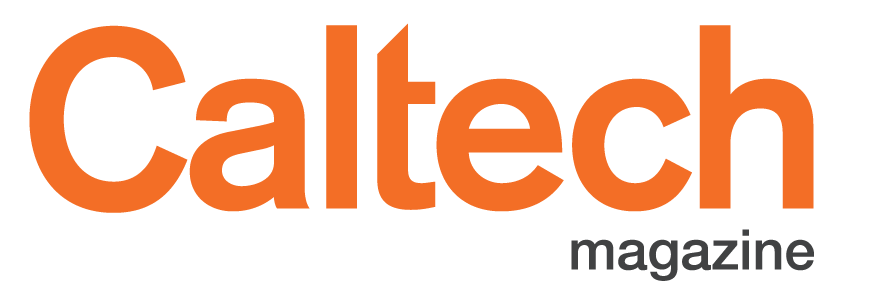#CaltechTogether: Olivia Wilkins
“The pandemic really showed me the importance of taking care of your mental health before a crisis hits. There have definitely been days when it's been really stressful, but before I started regularly seeing a therapist, there would be weeks when I couldn't get anything done. Because I had already started working on my mental health, I think I had some tools, and it helped me separate out the clinical depression from just the normal depression that everyone has occasionally. I've had far fewer panic attacks than I ever would've thought during this time. And it's probably because I can recognize anxiety as a normal response to things instead of automatically feeling like it's going to trigger a period of time when I'm not able to function. Even without the pandemic, I think graduate school can enhance feelings of depression and anxiety. There is much less structure than in undergrad, and your research doesn't work a lot of the time. So when you're not getting results, it feels like you're failing at science, which can heighten things like imposter syndrome or just feeling mediocre. Something that helped me during my Caltech orientation was hearing from one of the presenters that around 20 percent of grad students seek out counseling services. That was the first time therapy had been normalized for me, and it made me feel so much better. Right now, in my department, we’re doing monthly mental health lunches online. Scott Cushing [assistant chemistry professor] comes to most of those, and it's just a nice way to know that if you’re having a hard time, there's a community of people who take mental health seriously.”
Olivia Wilkins is a graduate student in chemistry. Her recent article, “Mental Health, Graduate School, and Why We Need to Talk About It,” appeared in Caltech Letters. At this year’s graduate student orientation, she led an online mental health breakout room for incoming students.
#CaltechTogether is a special edition of #SoCaltech spotlighting the many ways members of our community are joining together to support one another and to take responsibility for our collective health and well-being during the COVID-19 pandemic.

